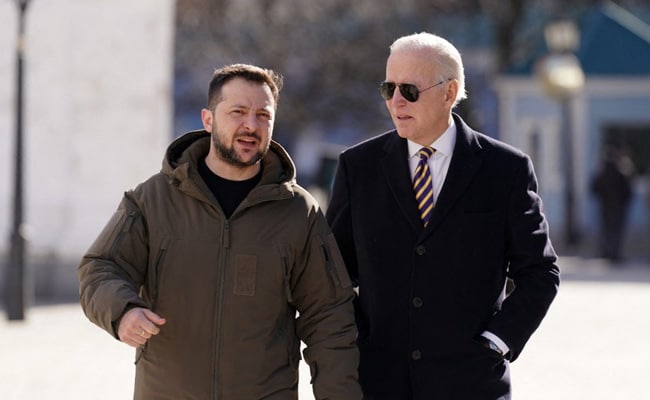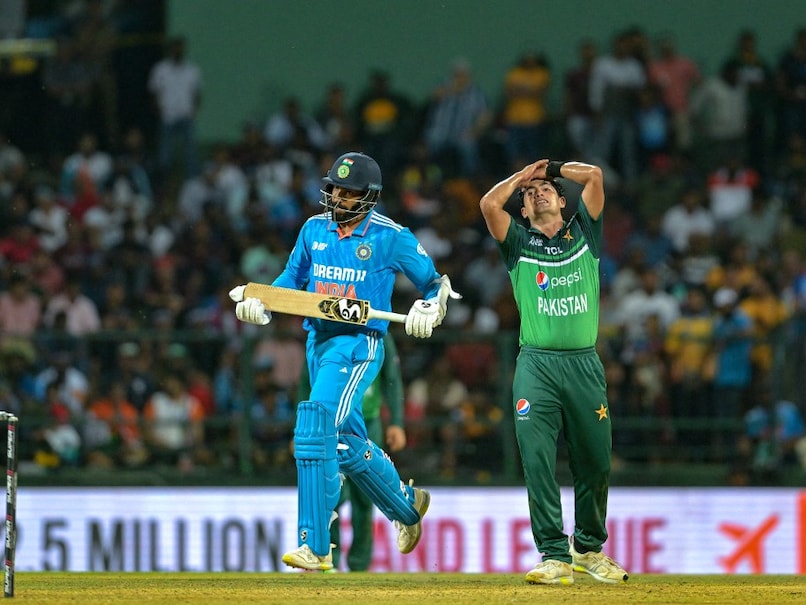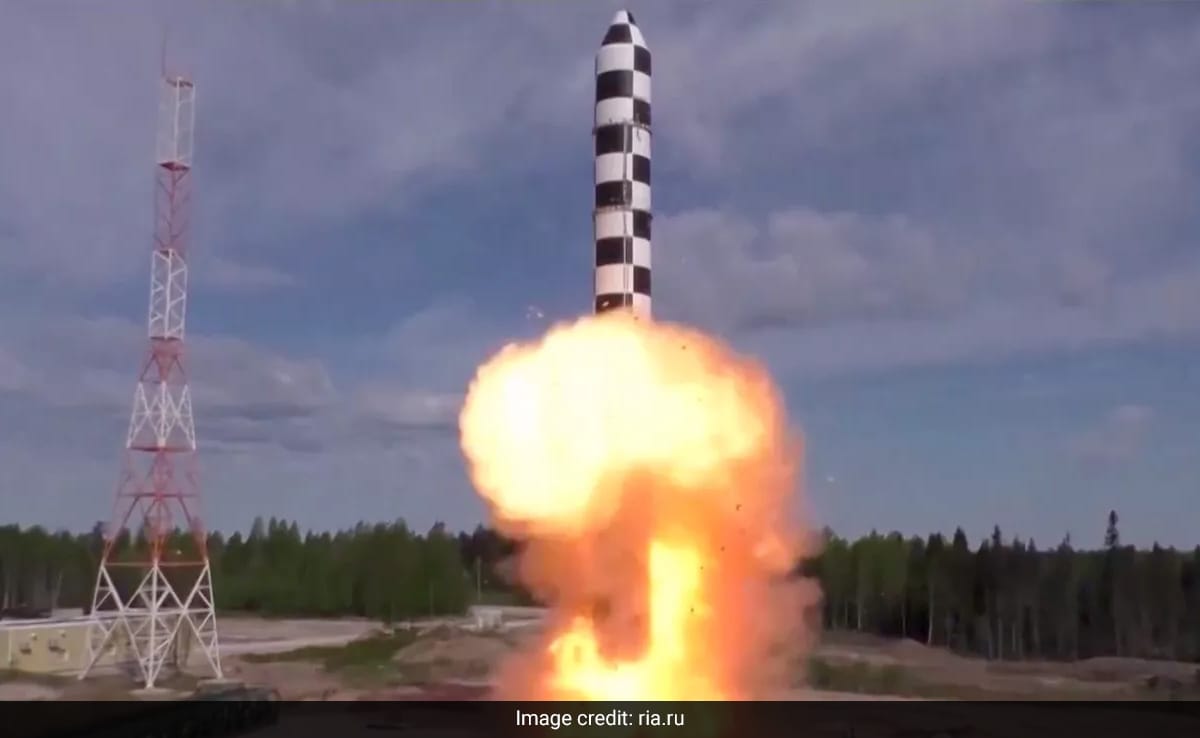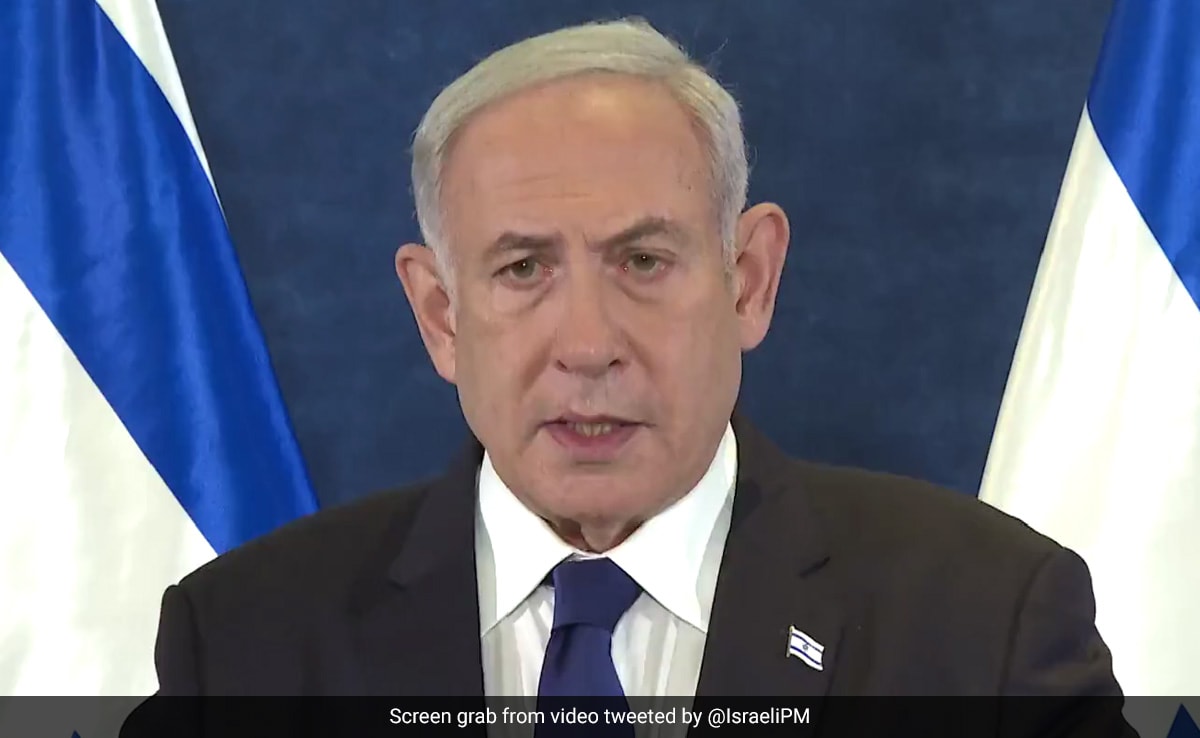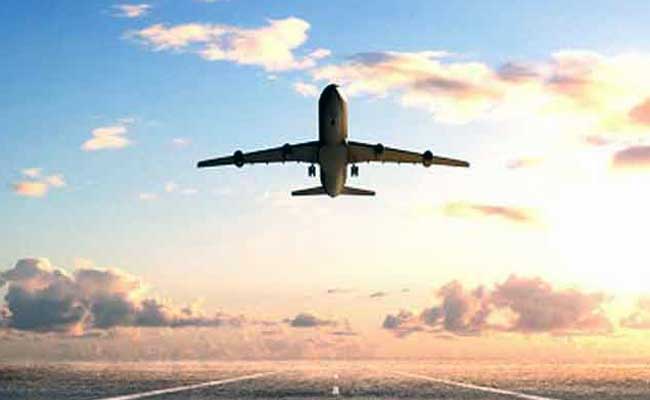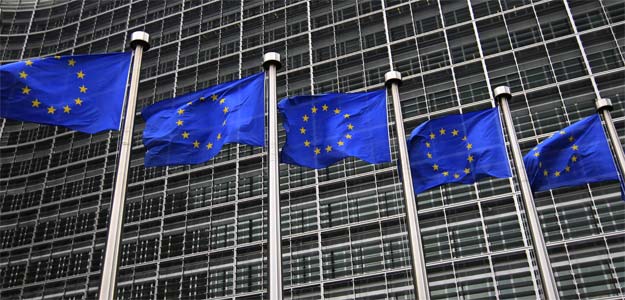Trudeau’s big charge against India has sparked off a massive diplomatic row
New Delhi:
In a move towards defusing tension with India, Canada Prime Minister Justin Trudeau has said Ottawa is not looking to “escalate”. His government has indicated they are holding “private” talks to maintain a “strong diplomatic footprint” in India
Here are 10 facts from this big story
-
Trudeau, who sparked the diplomatic face-off by alleging the Indian government’s role in the killing of a Khalistani terrorist, was speaking to the media after the Financial Times reported that India wants 41 out of the 62 Canadian diplomats out of the country.
-
The Canada Prime Minister did not confirm the report. CBC news reported that to a question on whether Canada will ask India to remove diplomats, he said, “We’re not looking to escalate, as I’ve said, we’re going to be doing the work that matters in continuing to have constructive relations with India through this extremely difficult time.”
-
Speaking on the same issue, Canadian foreign minister Melanie Joly said Ottawa believes in having a “strong diplomatic footprint” in India. “We are in contact with the government of India. We take Canadian diplomats’ safety very seriously, and we will continue to engage privately because we think that diplomatic conversations are best when they remain private,” she was quoted as saying by Global News.
-
“In moments of tensions – because indeed there are tensions between both our governments more than ever – it’s important that diplomats be on the ground, and that’s why we believe in the importance of having a strong diplomatic footprint in India,” she added.
-
In June, Khalistani terrorist Hardeep Singh Nijjar was shot dead by masked gunmen in British Columbia. The 45-year-old was a designated terrorist under the Unlawful Activities (Prevention) Act.
-
A couple of weeks back, Trudeau alleged India’s role in Nijjar’s killing. “Canadian security agencies have been actively pursuing credible allegations of a potential link between agents of the Government of India and the killing of a Canadian citizen, Hardeep Singh Nijjar,” he said, adding, “Any involvement of a foreign government in the killing of a Canadian citizen on Canadian soil is an unacceptable violation of our sovereignty.”
-
This set off a diplomatic storm. India termed the allegations “absurd” and “motivated”. This was followed by both sides expelled senior diplomats and issuing travel advisories. While the Indian government has not yet responded to the Financial Times report on asking Canadian diplomats to leaves, it had earlier called for “parity” in number and rank of diplomats each country deploys.
-
Trudeau’s big charge against India came shortly after his trip to New Delhi for the G20 summit. India sent a strong message during the summit, expressing “strong concerns about continuing anti-India activities of extremist elements in Canada” The concerns were raised by Prime Minister Narendra Modi on the sidelines of the summit. In response, Trudeau said his country “will always defend freedom of expression”. He also said that “it is important to remember the actions of the few do not represent Canada”.
-
The US has maintained that the Canadian government’s allegations need to be probed. The matter was discussed when External Affairs Minister S Jaishankar and National Security Advisor Jake Sullivan met last week, John Kirby, Coordinator for Strategic Communications at the National Security Council in the White House, told reporters. “We’ll certainly leave it to those two countries to talk about their bilateral relationship.”
-
“We’ve been clear, these allegations are serious, they need to be fully investigated and of course, as we’ve said before, we urge India to participate actively in that investigation,” Kirby added. According to a report in The Washington Post, Canadian officials had sought public condemnation of Nijjar’s murder from allies ahead of the G20 summit, including the US, but found them reluctant.
Post a comment

